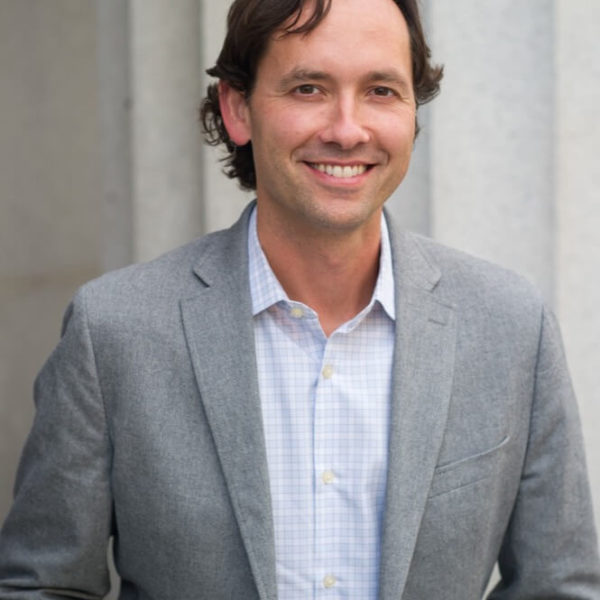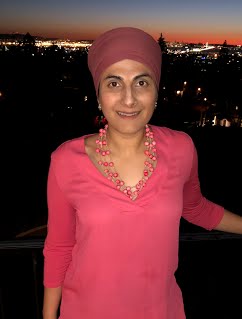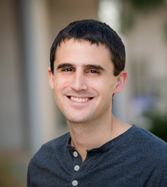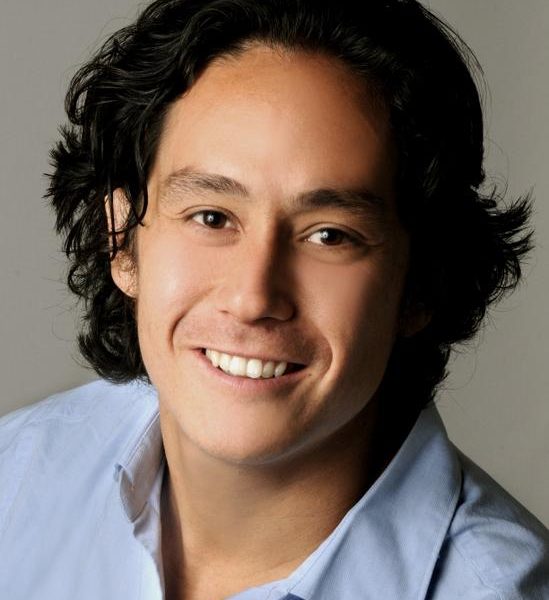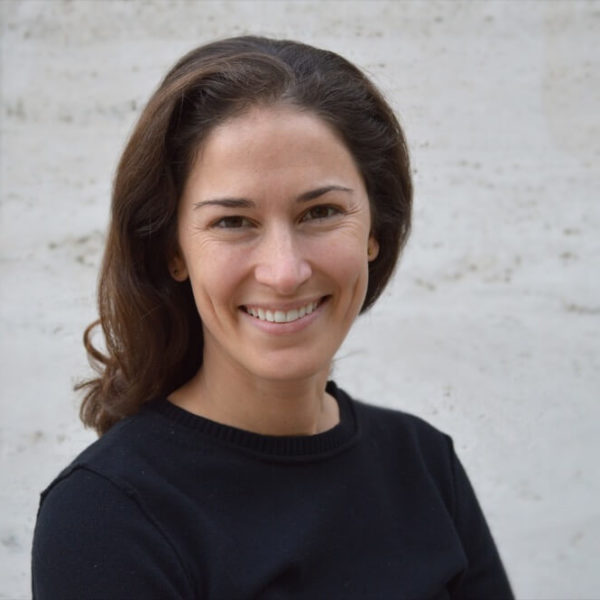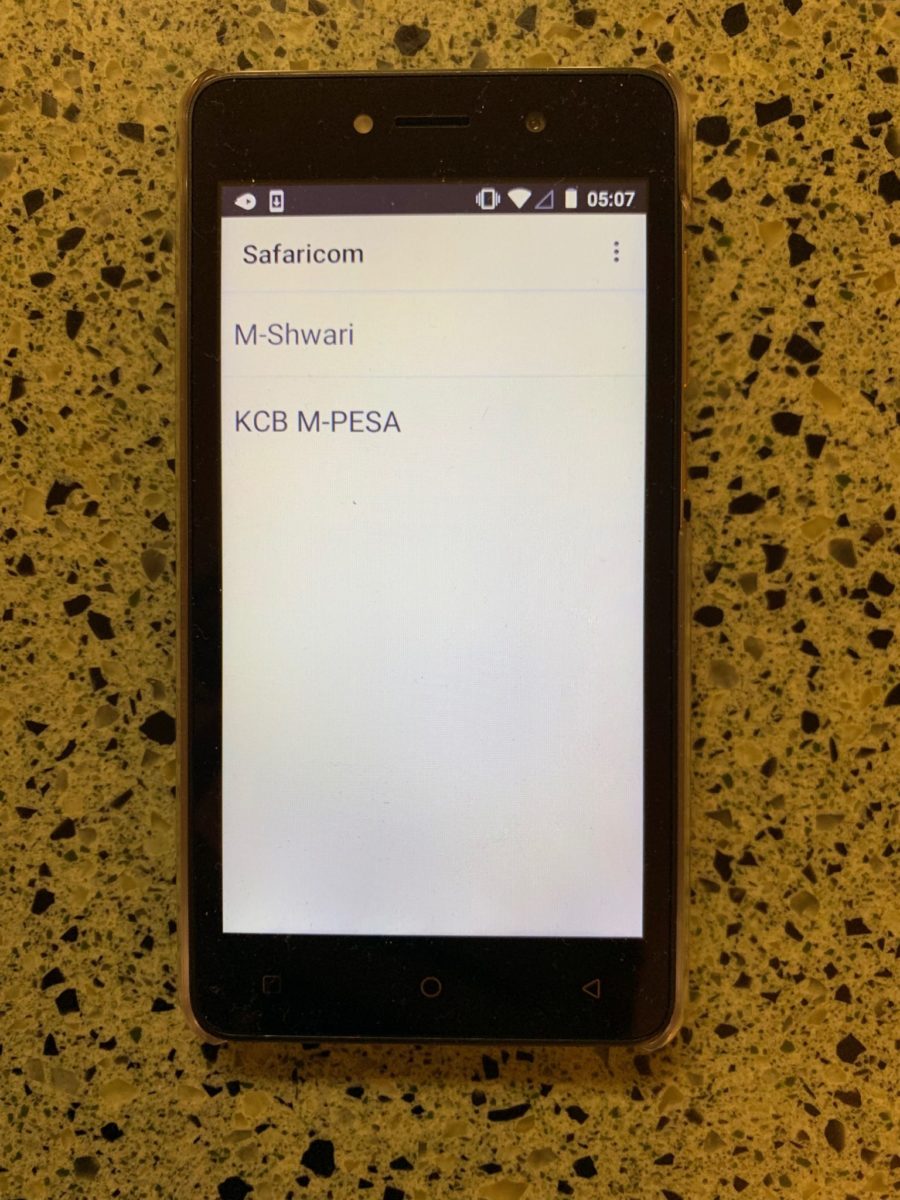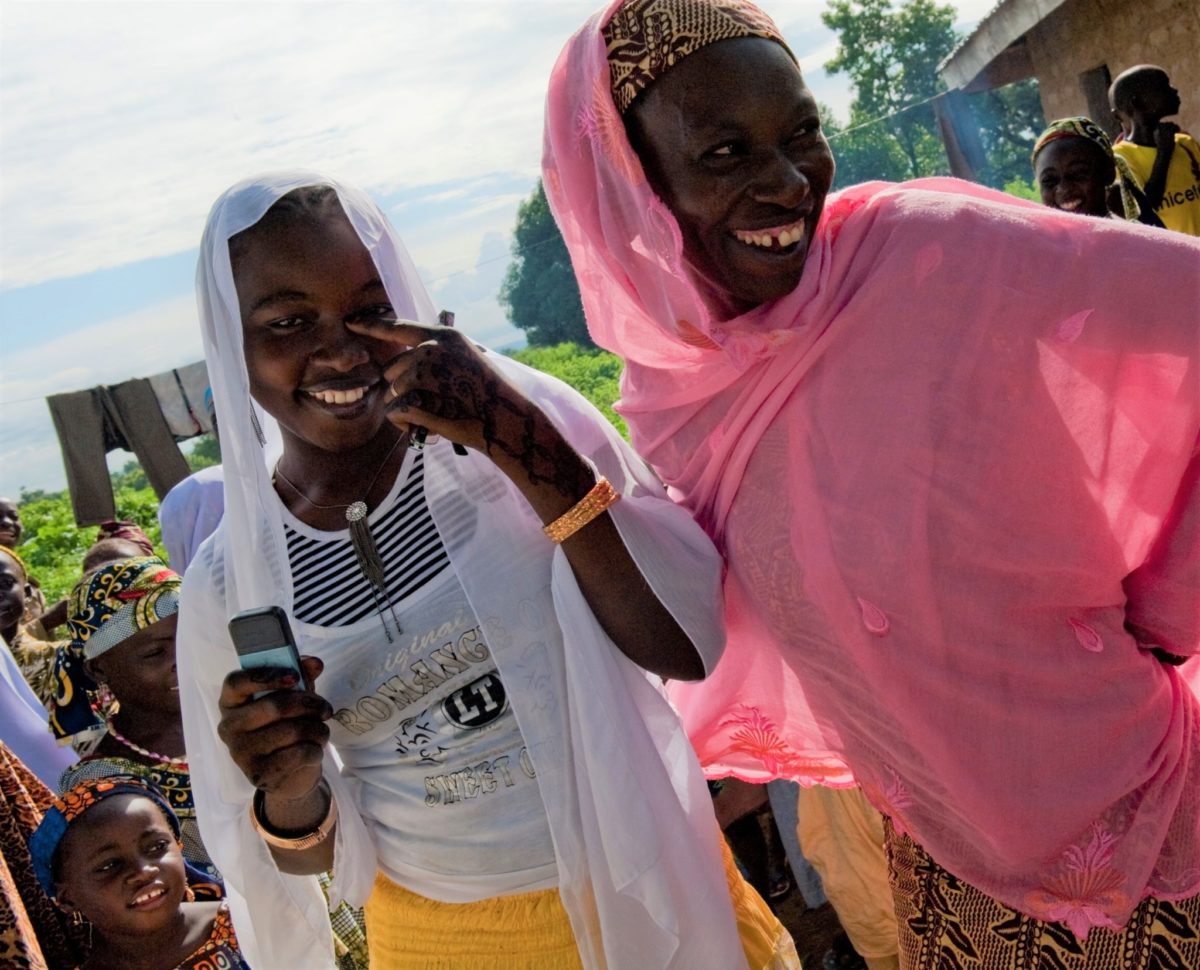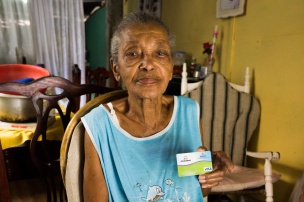COVID-19 in the Global South: Economic Impacts and Recovery
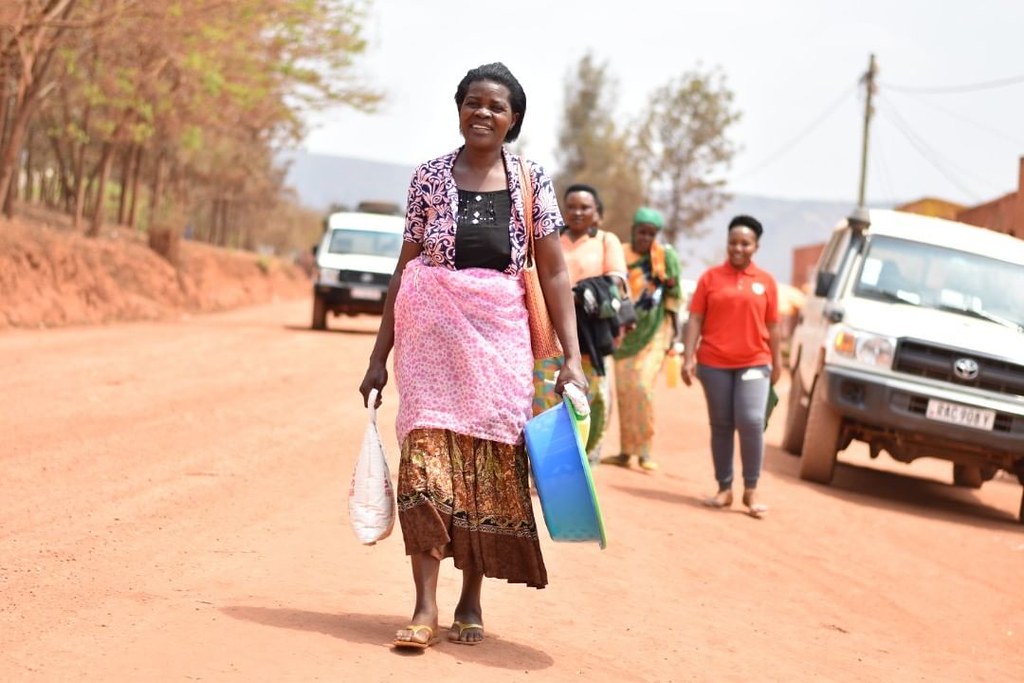
Cash Transfer, The Dignified Aid, by Uwamungu Thierry
COVID-19 is threatening the health and economic security of communities around the world, with dire implications for those living in poverty. As the pandemic unfolds, CEGA is committed to sharing practical insights that support evidence-based responses in the Global South.
On June 10th, CEGA Executive Director Carson Christiano moderated a panel including faculty co-Directors Ted Miguel (UC Berkeley) and Josh Blumenstock (UC Berkeley), along with affiliates Supreet Kaur (UC Berkeley) and Paul Niehaus (UC San Diego, GiveDirectly). Panelists discussed emerging and completed research that shed light on the economic toll of the pandemic, as well as the optimal design and delivery of cash transfer programs. We hope these insights will help inform government and NGO decision-making in the face of what could quickly become a protracted crisis.
COVID-19 in the Global South: Economic Impacts and Recovery was a part of the Berkeley Conversations series.
For more details, read the blog post recapping the event and watch the complete video below:
Panelists
Ted Miguel, Oxfam Professor of Environmental and Resource Economics in the Department of Economics at the University of California, Berkeley and Faculty co-Director of the Center for Effective Global Action (CEGA), will present new evidence from Kenya demonstrating the economic toll of COVID on poor households.
Supreet Kaur, Assistant Professor of Economics at the University of California, Berkeley and CEGA affiliate, will share research on the impacts and legacy of scarcity and economic shocks in India, with implications for other countries.
Paul Niehaus, Associate Professor of Economics at the University of California, San Diego, co-founder of the nonprofit GiveDirectly, co-founder of the emerging market fintech companies Segovia and Taptap Send, and CEGA affiliate, will explain GiveDirectly’s tested social safety net model (unconditional cash transfers), reviewing evidence from Kenya, Uganda, and Rwanda.
Josh Blumenstock, Assistant Professor at the University of California, Berkeley School of Information, Director of the Data-Intensive Development Lab, and CEGA faculty co-Director, will discuss the potential to use machine learning approaches and nontraditional data sources (including mobile phone records) to quickly and effectively target the delivery of social safety net programs.
Carson Christiano, CEGA Executive Director, will moderate the panel.
